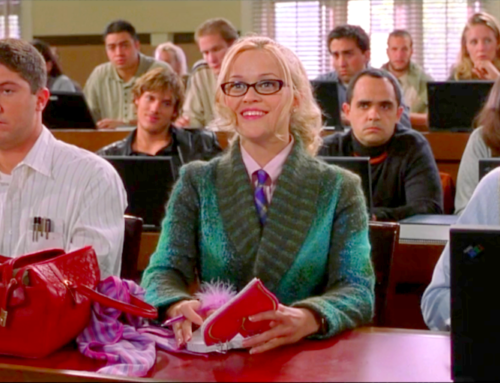If you’re in college, chances are that you will attend a career fair in your time there. Even if you decide to not attend college, job and career fairs are often held in community buildings and are open to the public. These fairs are great because they often have a wide range of employers all under the same roof. Some schools even host career fairs targeted toward specific majors or career paths. Career fairs can be intimidating, but with a little bit of planning, you can rock the fair and even walk out with some interview offers.
Before the Fair:
Create your resume
Having a clear, concise resume summarizing your accomplishments is a must. I won’t go into the details of creating a resume here since there are several FFL articles on the topic, but updating and polishing your resume before you go in is a must. Print more copies than you anticipate needing. If possible, print your resumes on a heavier paper – it gives it some weight and allows yours to stand out in a stack. Put them in a folder or portfolio with some paper and a pen.
Find a list of employers, identify the ones you want to visit, and research them
Most fairs publish the list of attendees beforehand. Get this list and make a list of the employers you want to visit. Research their company and highlight certain projects they have worked on in the past. Does this company have multiple offices? Figure out the geographic area you’d be willing to move to. Write down relevant questions about all of them – one or two are usually fine.
Lay out your outfit
Business professional is usually the MO for career fairs. For women, this can be anything from a pantsuit to a dress. I won’t go into too much depth here as well since we have many incredible articles on business professional wear, but make sure to figure it out about a week in advance in case anything needs to be dry cleaned or pressed. Pick an outfit that makes you confident.
Develop an elevator pitch for yourself
First impressions are everything and career fairs are no different. The impression you leave recruiters with will make them remember you when you return to apply for their jobs. Having a solid way to introduce yourself and stand out quickly will ensure the conversations are productive. Here’s a quick primer from FFL on elevator pitches.
During the fair:
Make a map and cross off recruiters as you visit them
Is there a big crowd in front of one booth? Walk around and cross another employer off your list before you circle back. Usually employers in the front couple of rows are going to be more crowded than the ones in the back, and if your fair is hosted on a day alongside classes, class changes will offer a new wave of candidates. Create your map with these things in mind. If you want to have a dry run with your elevator pitch, go to a company that you aren’t as interested in and learn more about them on the fly.
Take a deep breath before you walk up to a booth
This is pretty obvious. You want to come off as relaxed but not unprepared or overbearing. You can take this moment to collect your thoughts, pull a resume out, and run through your elevator pitch in your head. I usually take quick breaks in between talking to companies to collect my thoughts and write down any relevant notes from the previous conversation.
Collect the giveaways, but don’t go overboard
Frequently, companies will bring branded swag to give away to people who visit the booths. As college students, most of us will never turn down a free item. That being said, do not go in and grab a handful. You will become the topic of conversation with the employer and everything you said to them will instantly be replaced.
After the fair:
Send a thank you email to the companies you are interested in
Following up with a company is the best way to keep your name in the forefront of their mind. This is also a perfect time to follow up on any questions or contacts you discussed during the conversation. Recruiters will remember that you took the time to thank them. You should also connect with recruiters on LinkedIn.
Fill out applications and schedule interviews promptly
Usually, companies will instruct you to apply on their website. These postings are not usually up for long, so it’s important to go on their career website, create an account, and apply to any relevant postings. Check back once a month for other postings during your search. If you were lucky enough to walk away with an interview offer, you’ll need to follow up in order to schedule that. Being quick will show them that you have their company as a priority.
Career fairs can be a treasure trove of information — even if you don’t walk away with an interview, you will have connections that you can use in the future. Good luck on the job search!
Jillian K
CABINET











